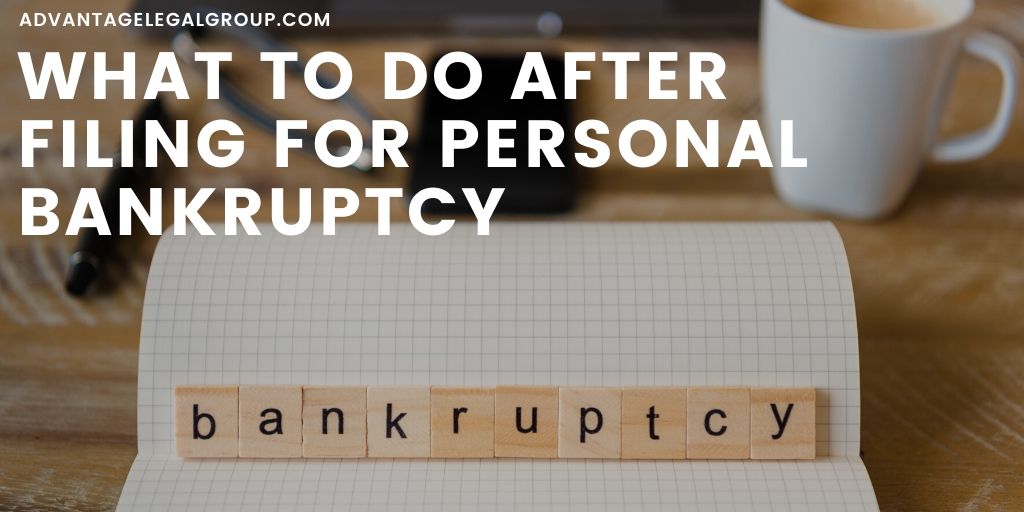
Many people feel like absolute failures after filing for bankruptcy. Therefore, you may be surprised to learn that it’s actually becoming more and more common and that YOU’RE NOT ALONE. Bankruptcy happens to the answer for many debtors who simply need a fresh start. Now, the question is, “what do I do now to ensure future financial health?”
The first thing to do is decide what made you have to go bankrupt in the first place and keep that from happening again by setting a budget in place or some other plan that can keep history from repeating itself. You may also want to set some goals such as paying off debt or rebuilding your credit. Good credit will take time to acquire but by paying off your credit cards monthly, your credit can dramatically improve in under a decade.
Probably the most important thing to do is think positively. It may be difficult to obtain credit after bankruptcy but it’s not impossible. Many lenders are willing to give people a second chance. Additionally, working with a professional who offers services to help with debt and finance can help you through the recovery process.
Additional Financial Resources:
Better options than a huge down payment
How long will a bankruptcy keep me from buying a home?
8 Smart Money Moves to Make Now
